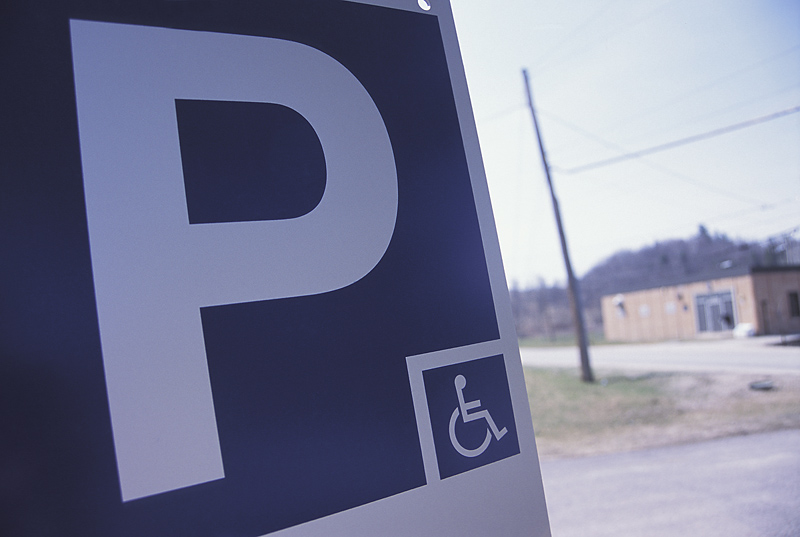
WEDNESDAY, April 7 (HealthDay News) — Physical disabilities that limit mobility are increasing among middle-age Americans, a new study reports, and experts say the trend could have serious long-term consequences for the U.S. health-care system.
Researchers from the Rand Corp., a nonprofit research group, analyzed data from the annual National Health Interview Survey, covering 1997 to 2007, and found that more than 40 percent of respondents 50 to 64 years old reported difficulty with at least one of nine physical functions.
During those 10 years, the study found, there was a significant increase in the number of people in that age group who said that a health problem made it difficult for them to stand for two hours, stoop, walk a quarter mile or climb 10 steps without resting. A growing number of that age also said they needed help with such daily activities as getting in or out of bed or getting around inside their homes.
After 2005, people in this age group said the most common causes for needing help were arthritis, rheumatism, neck problems, diabetes, depression, anxiety or emotional problems. Many of these health issues began in their 30s and 40s.
“This a disappointing trend with potentially far-reaching and long-term negative consequences,” Richard Suzman, director of the Division of Behavioral and Social Research at the U.S. National Institute on Aging, which funded the study, said in a news release from Rand.
“If people have such difficulties in middle age, how can we expect that this age group — today’s baby boomers — will be able to take care of itself with advancing age?” Suzman said. “If it continues, this trend could have a significant effect on the need for long-term care in the future.”
Linda Martin, a senior fellow at Rand and the study’s lead author, agreed that “although the overall rate of needing help with personal care among this group remains very low — less than 2 percent — this rise in disability is reason for concern.”
“It does not bode well for future trends for the 65 and older population,” she said in the news release. “Plus there are substantial personal and societal costs of caring for people of any age who need help.”
The findings indicate a need for earlier intervention, added Vicki A. Freedman, a researcher professor at the Institute for Social Research at the University of Michigan and a co-author of the report.
“We have this uptick of people in their 50s and 60s who say they need help with their daily activities of living. and we’re not sure why,” Freedman said in the news release. “But the patterns suggest the need for prevention and early intervention before the age of Medicare eligibility.”
The study is published in the April issue of Health Affairs.
More information
The U.S. Department of Health and Human Services has more about disability.

